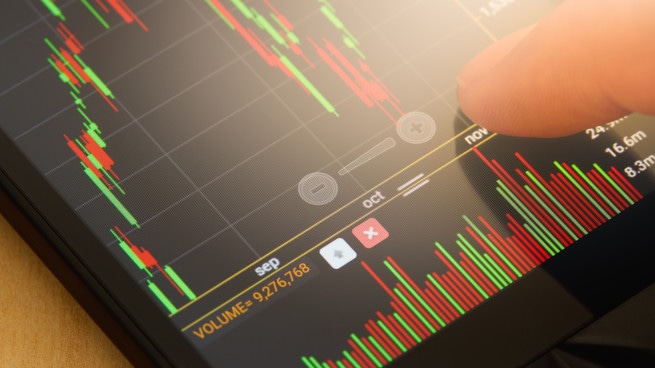Harnessing today’s Fourth Industrial Revolution (4IR) to deliver the Sustainable Development Goals (SDGs)
Accelerating Sustainable Development in the 4th Industrial Revolution
Scaling 4IR for the Global Goals
The technologies of the 4th Industrial Revolution (e.g. Artificial Intelligence, Blockchain and the Internet of Things, among others) are rapidly becoming mainstreamed, enabling transformation of entire systems and networks. Widespread change can be seen across companies, industries, countries and society as a whole. These profound shifts, touching nearly every sector, from incumbents being disrupted to entirely new 4IR-enabled business models, are creating new markets at an expedited speed and scale.
For all the potential that these technologies offer, however, they could also put greater stress on the Earth, its resources, and on our society. We should ensure, therefore, that these technologies are harnessed in the right way, to fulfill their potential to revolutionize our world, transform the lives of people, and unlock new pathways to prosperity - fast-tracking sustainable development globally.
PwC is a knowledge partner to the World Economic Forum’s 2030 Vision initiative on how and where emerging technologies could tackle some of the world’s most pressing environmental, economic and social challenges, under the umbrella of the The 2030 Agenda for Sustainable Development, and the accompanying 17 Sustainable Development Goals (SDGs). This will include how to accelerate and scale 4IR for these goals as we embark on the decade of action to 2030. Our insight report with WEF launched at the Annual Meeting of the World Economic Forum in Davos and looks in detail at the new technologies that can help meet the SDGs.


New technologies have the potential to contribute significantly towards achieving the Global Goals
Through research, analysis and interviews with a range of stakeholders at the forefront of applying 4IR technologies across industry, technology firms and research, PwC has mapped over 300 technology applications across the Global Goals. This provides both public and private stakeholders with a broad understanding of technology applications that are currently being deployed to tackle the Global Goals - which they can use to help guide investment decisions, R&D efforts and technology governance.
PwC has identified some of the most prominent 4IR applications that are being implemented in practice today for each of the Global Goals.
Key considerations for business leaders and governments
Both public and private stakeholders are critical to realise the full potential of the 4IR - without action from both, technology will not be scaled to achieve the Global Goals. Business as usual is not an option: choosing to “wait and see” will put impossible environmental and social strains on people and our planet. PwC works with both businesses and governments to help enable sustainable scaling of technology.

- Responsible technology governance - How can responsible tech policy and management systems be developed that contain downside risks while not slowing the rapid pace of innovation?
- Leadership - How can company- and country-level commitments be mobilised?
- Partnerships - How can partnerships be formed to create impact and systemic change at scale?
- Public policy - How can an enabling policy environment be created, which is agile, coherent and cuts across technology, sectoral, social and environmental domains?
- Finance mechanisms - Which finance mechanisms enable scaling of 4IR solutions?
- Breakthrough innovation - How can technology be prioritised, developed, and deployed to tackle society's biggest challenges?
- Data and tools - What models of data collaboration and/or democratisation of data are required for public benefit?
- Skills - How can the talent required to enhance value from the 4IR be developed?



















